Life, Physical, and Social Science
These workers use scientific research to help solve problems and expand knowledge.
Overall employment in life, physical, and social science occupations is projected to grow 7 percent from 2021 to 2031, about as fast as the average for all occupations; this increase is expected to result in about 98,700 new jobs over the decade. In addition to new jobs from growth, opportunities arise from the need to replace workers who leave their occupations permanently. About 147,900 openings each year, on average, are projected to come from growth and replacement needs.
(U.S. Bureau of Labor Statistics, September 2022).
Life Science (info)
- Biology – scientific study of life
- Anatomy – study of form and function, in plants, animals, and other organisms, or specifically in humans
- Bacteriology – study of bacteria
- Biochemistry – study of the chemical reactions required for life to exist and function, usually a focus on the cellular level
- Biophysics – study of biological processes by applying the theories and methods that have been traditionally used in the physical sciences
- Botany – study of plants
- Cytology – study of the cell as a complete unit, and the molecular and chemical interactions that occur within a living cell
- Ecology – study of the interactions of living organisms with one another and with the non-living elements of their environment
- Ethology – study of behavior
- Genetics – the study of genes and heredity
- Histology – the study of tissues
- Immunology – the study of the immune system
- Marine Biology – the study of organisms in the sea
- Microbiology – the study of microscopic organisms (microorganisms) and their interactions with other living organisms
- Molecular biology – the study of biology and biological functions at the molecular level, some cross over with biochemistry, genetics, and microbiology
- Mycology – the study of fungi
- Neuroscience – the study of the nervous system
- Paleontology – the study of prehistoric organisms
- Parasitology - the study of parasites, their hosts, and the relationship between them
- Pathology - the study of the causes and effects of disease or injury
- Pharmacology – the study of drug action
- Physiology – the study of the functioning of living organisms and the organs and parts of living organisms
- Toxicology – the nature, effects, and detection of poisons
- Virology - the study of viruses like submicroscopic, parasitic particles of genetic material contained in a protein coat – and virus-like agents
- Zoology - the study of animals
- Agriculture - science, art and practice of cultivating plants and livestock
- Conservation biology– Conservation biology is the management of nature and of Earth's biodiversity with the aim of protecting species, their habitats, and ecosystems from excessive rates of extinction and the erosion of biotic interactions
- Food science– applied science devoted to the study of food
Earth and Physical Science (info)
- Chemistry – studies the composition, structure, properties and change of matter.
- Physics – natural and physical science could involve the study of matter and its motion through space and time, along with related concepts such as energy and force.
- Astronomy – study of celestial objects (such as stars, galaxies, planets, moons, asteroids, comets and nebulae), the physics, chemistry, and evolution of such objects, and phenomena that originate outside the atmosphere of Earth, including supernovae explosions, gamma-ray bursts, and cosmic microwave background radiation.
- Earth science – all-embracing term referring to the fields of science dealing with planet Earth. Earth science is the study of how the natural environment (ecosphere or Earth system) works and how it evolved to its current state. It includes the study of the atmosphere, hydrosphere, lithosphere, and biosphere.
- Atmospheric sciences – The study of the atmosphere, its processes, and interactions with other systems
- Climatology – The scientific study of climate, defined as weather conditions averaged over a period of time
- Geology – The study of the composition, structure, physical properties, and history of Earth's components, and the processes by which they are shaped.
- Hydrogeology – The study of the distribution and movement of groundwater
- Geodesy – The science of the geometric shape, orientation in space, and gravitational field of the Earth
- Glaciology – Scientific study of ice and natural phenomena involving ice
- Mineralogy – Scientific study of minerals and mineralised artifacts
- Paleontology – Scientific study of prehistoric life
- Palynology – The study of dust
- Petrology – The branch of geology that studies the origin, composition, distribution and structure of rocks
- Seismology – The scientific study of earthquakes and propagation of elastic waves through a planet
- Stratigraphy – The study of rock layers and their formation
- Volcanology – The study of volcanoes, lava, magma and associated phenomena
- Geography – The science that studies the terrestrial surface, the societies that inhabit it and the territories, landscapes, places or regions that form it.
- Physical geography – The branch of natural science which deals with the study of processes and patterns in the natural environment such as the atmosphere, hydrosphere, biosphere, and geosphere, as opposed to the cultural or built environment, the domain of human geography
- Human geography – The study of cultures, communities and activities of peoples of the world
- Cartography
- Topography
- Geographic information science – Scientific study of geographic data and information
- Pedology – The study of soils in their natural environment
- Geomorphology – The scientific study of landforms and the processes that shape them
- Hydrology – The science of applying engineering techniques to the properties of the earth's water, especially its movement in relation to land.
- Meteorology – Interdisciplinary scientific study of the atmosphere focusing on weather forecasting.
- Remote sensing – Acquisition of information at a significant distance from the subject.
- Photogrammetry – The science of making measurements using photography.
- Oceanography – The study of the physical and biological aspects of the ocean
- Planetary science – The study of planets (including Earth), moons, and planetary systems (in particular those of the Solar System) and the processes that form them.
- Atmospheric sciences – The study of the atmosphere, its processes, and interactions with other systems
Social Science (info)
- Anthropology - is the holistic "science of man", a science of the totality of human existence
- Archaeology - is the science that studies human cultures through the recovery, documentation, analysis, and interpretation of material remains and environmental data, including architecture, artifacts, features, biofacts, and landscapes
- Demography - is the statistical study of all human populations
- Economics - seeks to analyze and describe the production, distribution, and consumption of wealth
- Environmental social science - the broad, transdisciplinary study of interrelations between humans and the natural environment
- Environmental studies - integrate social, humanistic, and natural science perspectives on the relation between humans and the natural environment
- Geography
- History - the continuous, systematic narrative and research into past human events as interpreted through historiographical paradigms or theories
- Political science - deals with the theory and practice of politics and the description and analysis of political systems and political behavior
- Psychology - the study of behavior and mental processes
- Sociology - study of society, individuals' relationship to their societies, the consequences of difference, and other aspects of human social action
LIFE SCIENCES
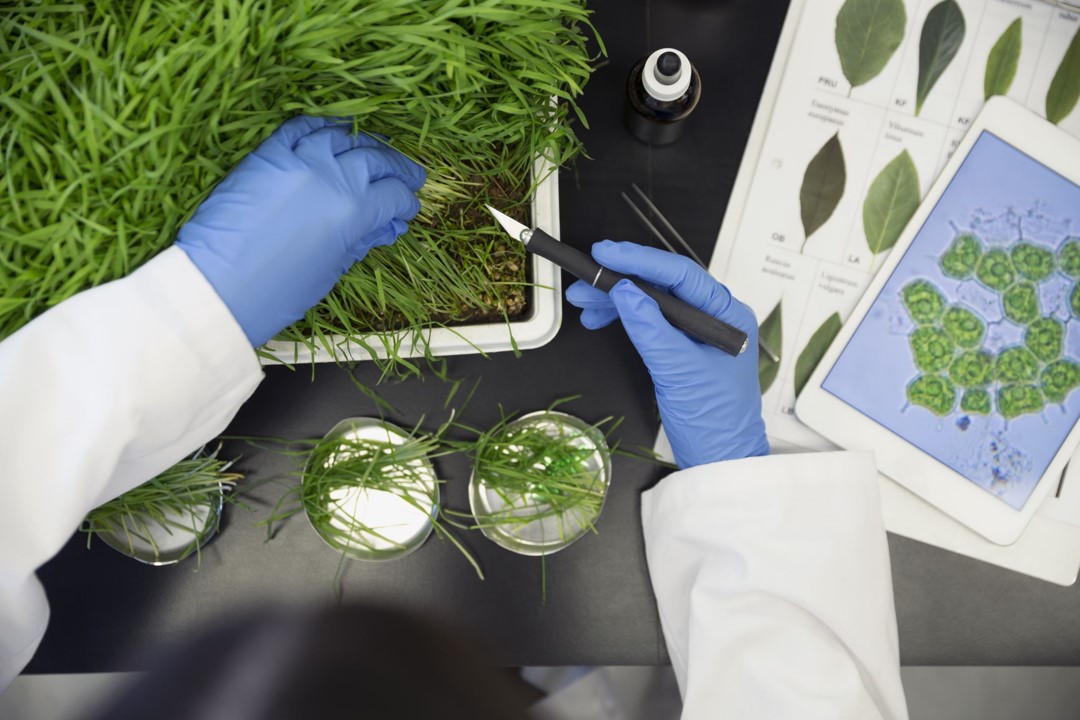
Agricutural and Food Science Technicians and Scientists
Agricultural and food science technicians assist agricultural and food scientists.
Agricultural and food scientists research ways to improve the efficiency and safety of agricultural establishments and products.
Biochemists, Biophysicists and Biological Technicians
Biochemists and biophysicists study the chemical and physical principles of living things and of biological processes.
Biological technicians help biological and medical scientists conduct laboratory tests and experiments.

Conservation Scientists and Foresters
Conservation scientists and foresters manage the overall land quality of forests, parks, rangelands, and other natural resources.
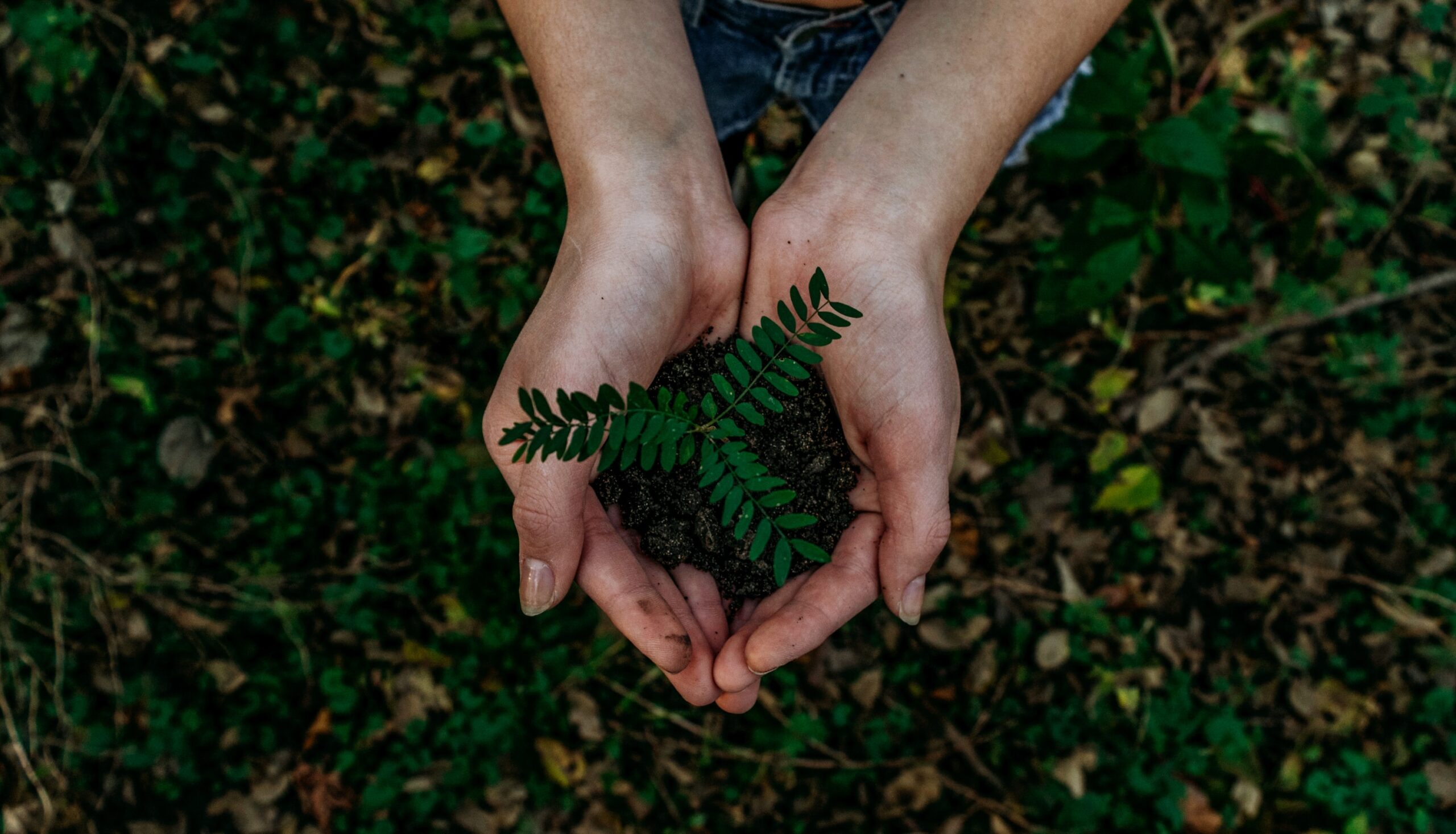

Epidemiologists, Medical Scientists and Microbiologists
Epidemiologists are public health professionals who investigate patterns and causes of disease and injury in humans.
Medical scientists conduct research aimed at improving overall human health.
Microbiologists study microorganisms such as bacteria, viruses, algae, fungi, and some types of parasites.
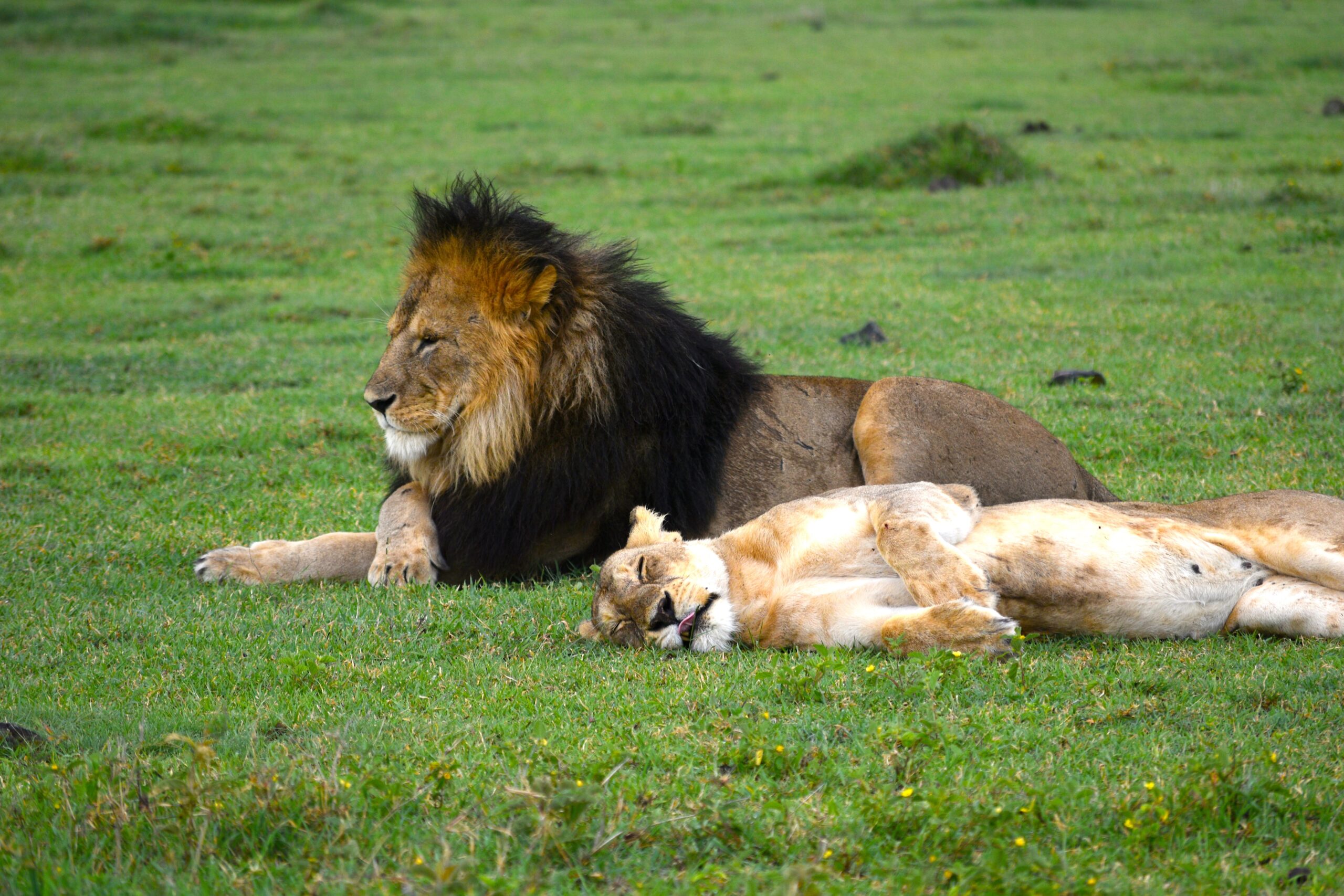
Zoologists and Wildlife Biologists
Zoologists and wildlife biologists study animals and other wildlife and how they interact with their ecosystems.

Other Life Sciences
EARTH AND PHYSICAL SCIENCES

Atmospheric Scientists
Atmospheric scientists study the weather and climate.

Chemists and Materials Scientists and Technicians
Chemists and materials scientists study substances at the atomic and molecular levels and analyze the ways in which the substances interact with one another.
Chemical technicians use special instruments and techniques to assist chemists and chemical engineers.
Environmental Science and Protection Technicians, Scientists and Specialists
Environmental science and protection technicians monitor the environment and investigate sources of pollution and contamination.
Environmental scientists and specialists use their knowledge of the natural sciences to protect the environment and human health.

Forensic Science Technicians
Forensic science technicians aid criminal investigations by collecting and analyzing evidence.
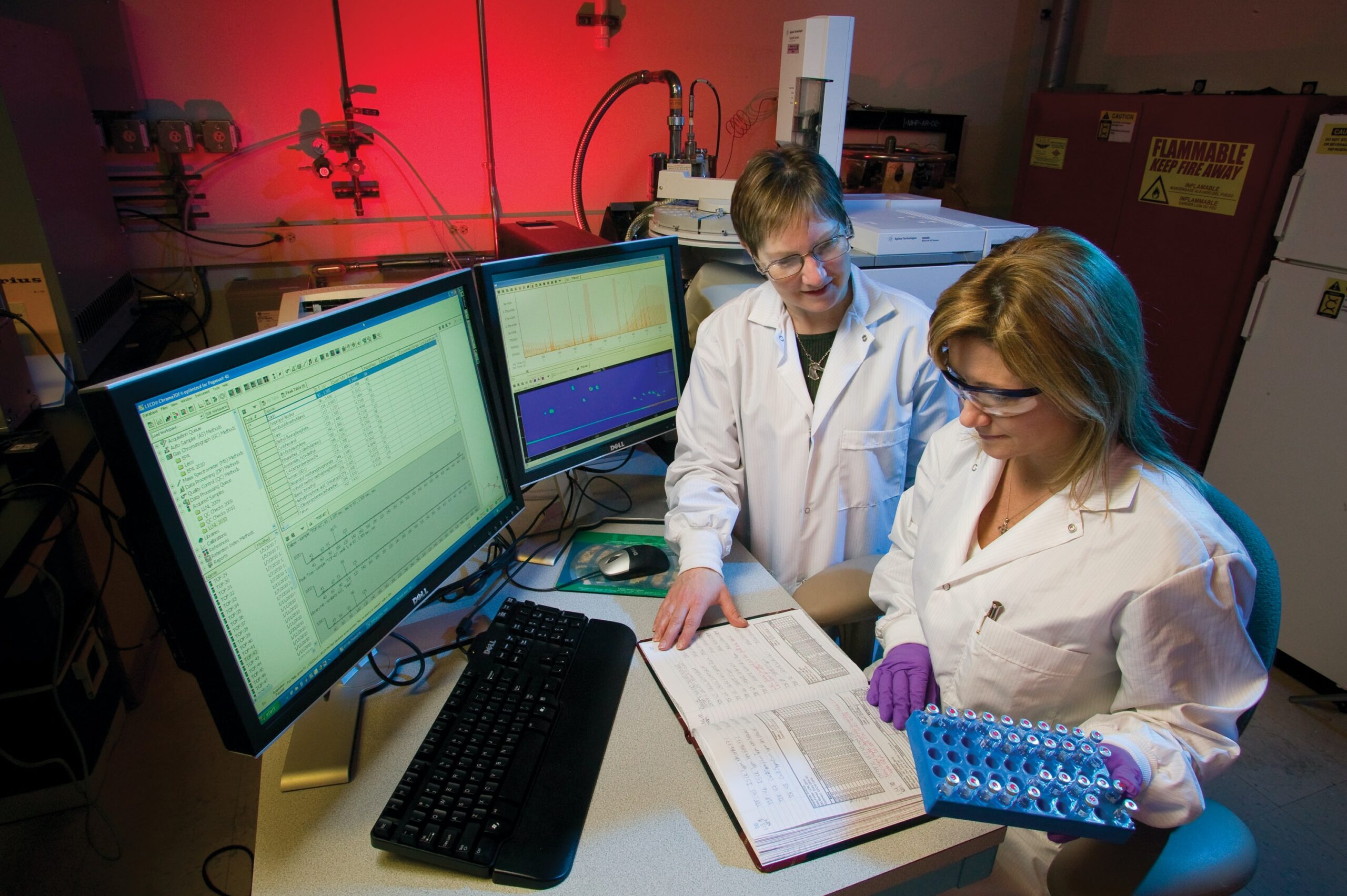
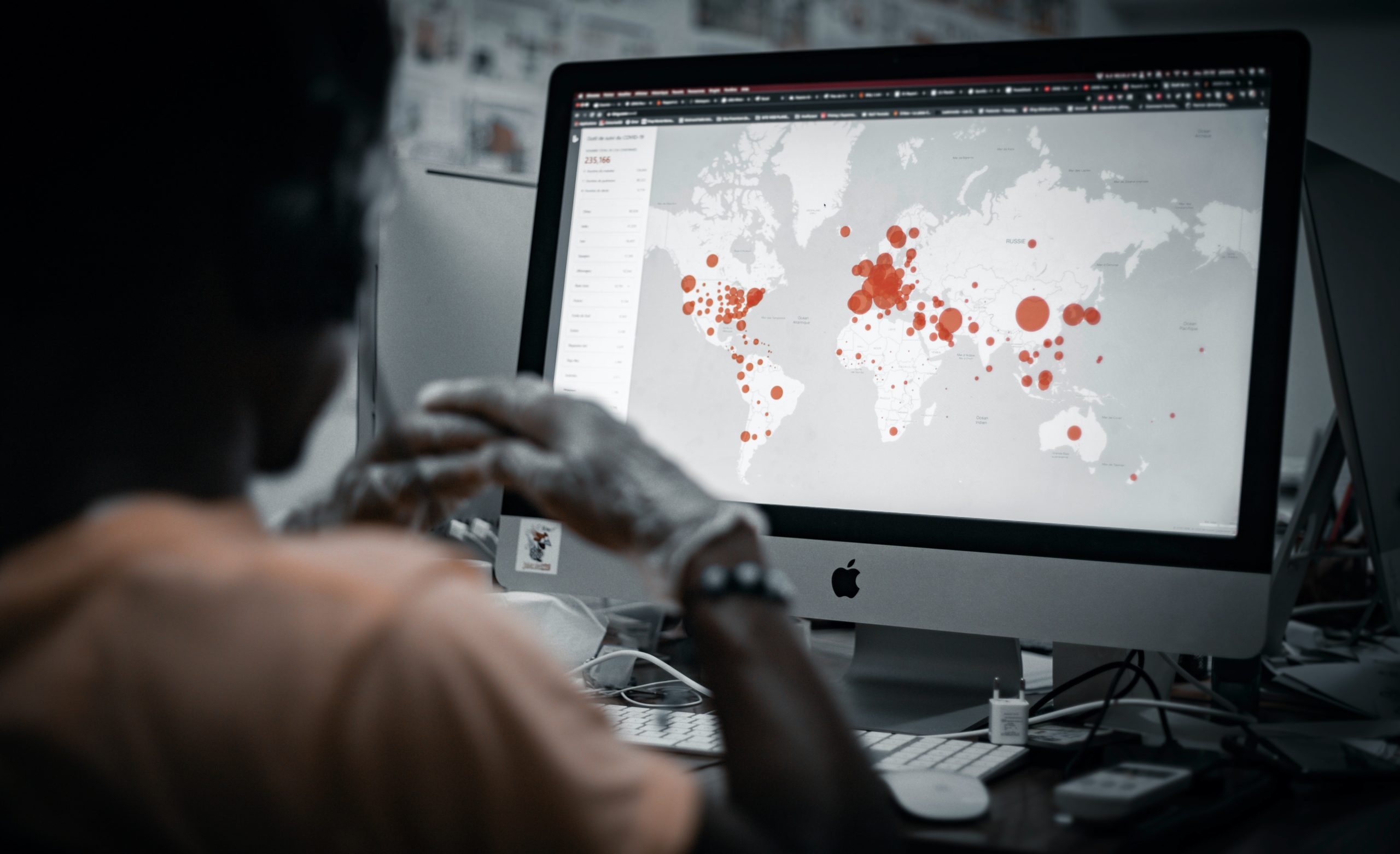
Geographers and Geoscientists
Geographers study the Earth and the distribution of its land, features, and inhabitants.
Geoscientists study the physical aspects of the Earth.
Geological and Petroleum Technicians
Geological and petroleum technicians provide support to scientists and engineers in exploring and extracting natural resources.
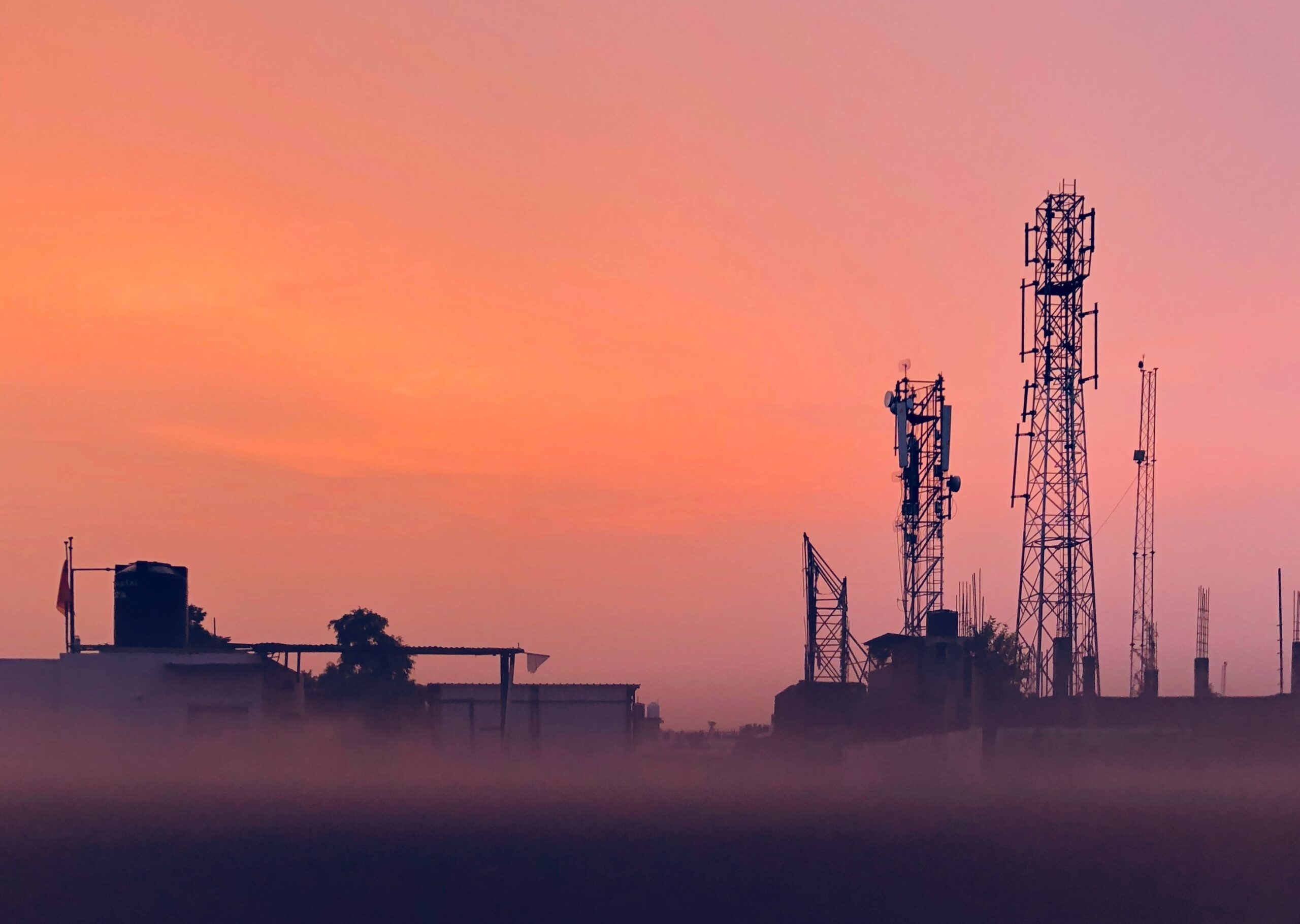
Hydrologists
Hydrologists study how water moves across and through the Earth’s crust.
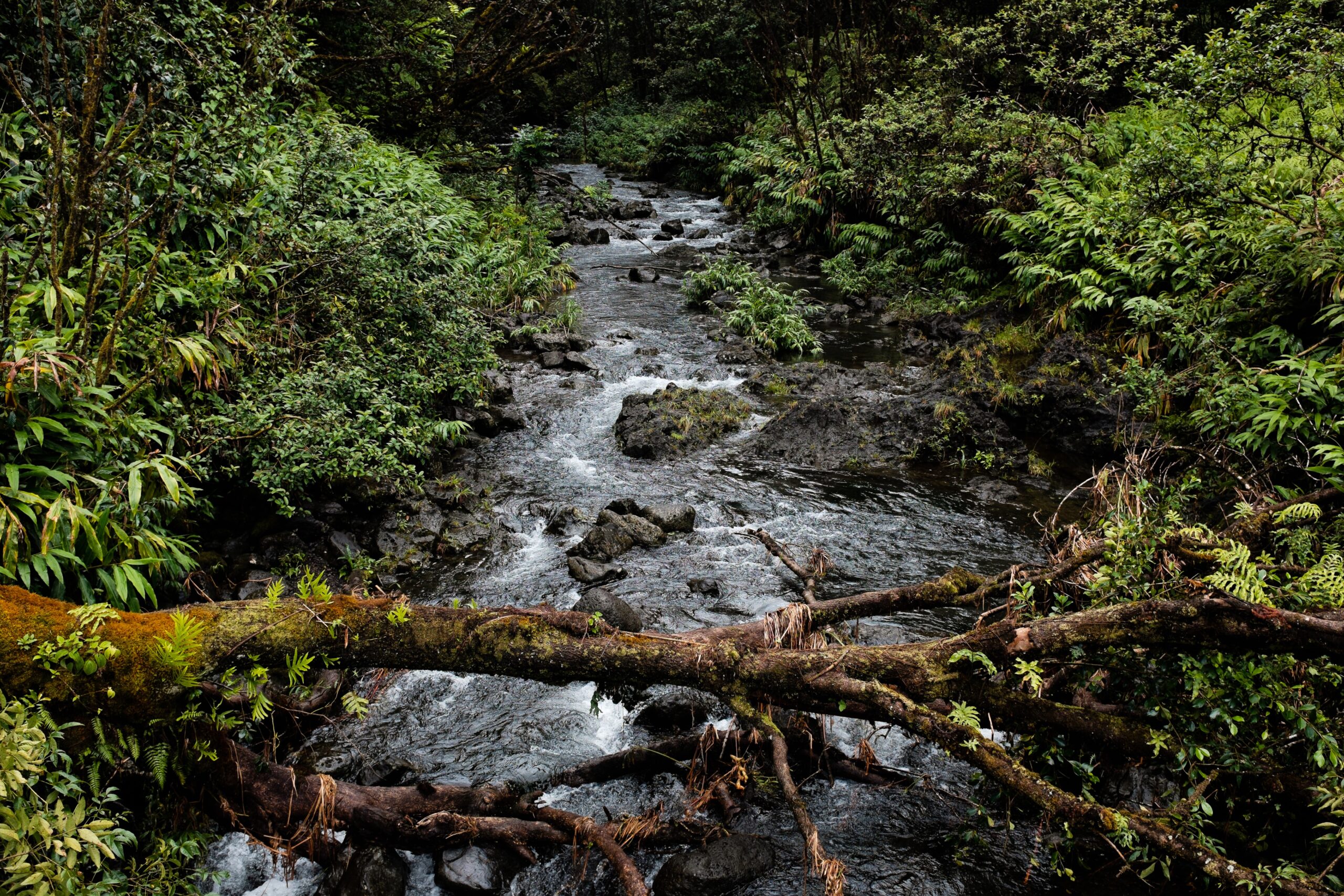
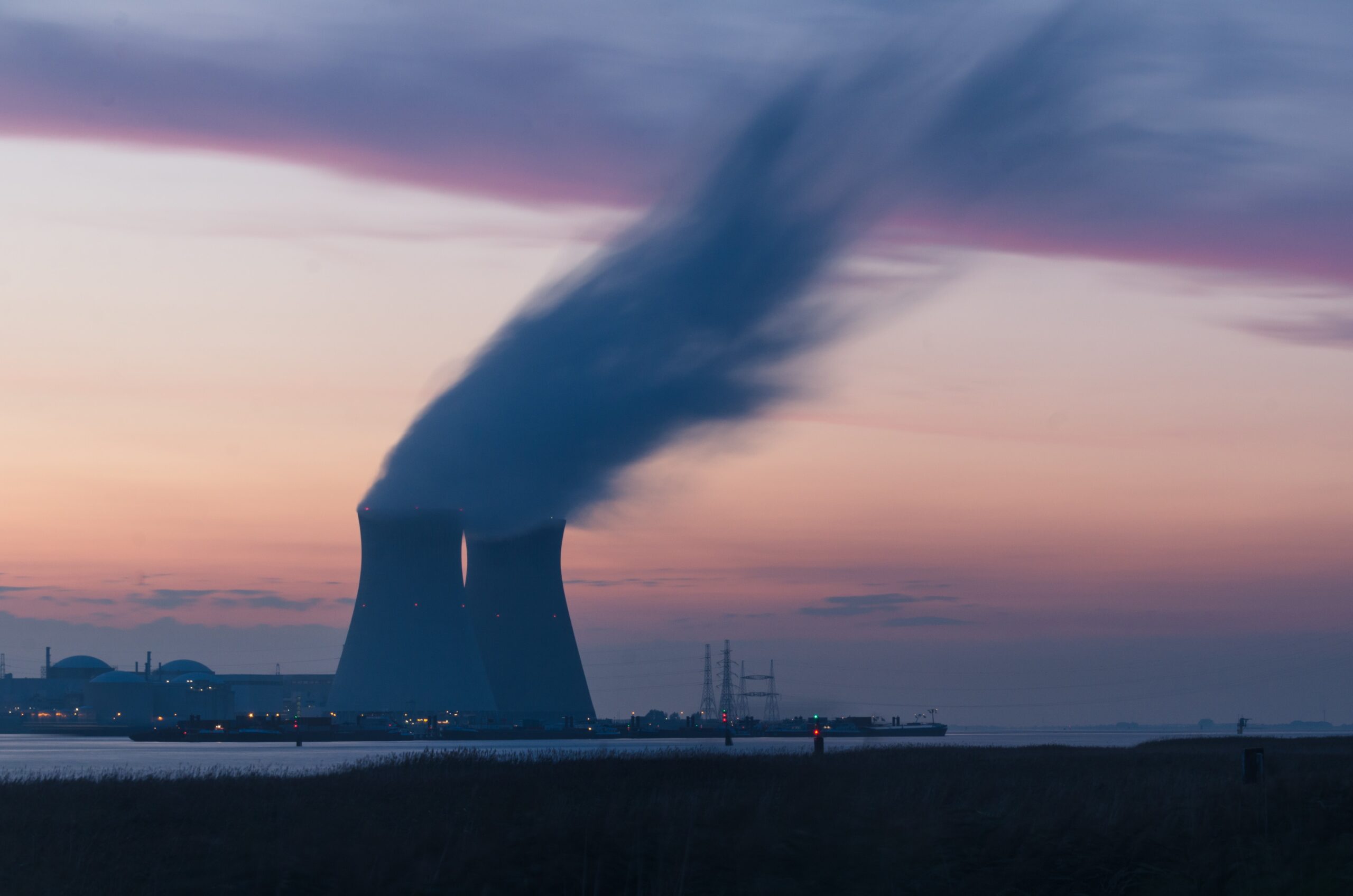
Nuclear Technicians
Nuclear technicians assist physicists, engineers, and other professionals in nuclear research and nuclear energy production.
Physicists and Astronomers
Physicists and astronomers study the ways in which various forms of matter and energy interact.

Other Earth and Physical Sciences
Physicists and astronomers study the ways in which various forms of matter and energy interact.

Anthropologists and Archeologists
Anthropologists and archeologists study the origin, development, and behavior of humans.
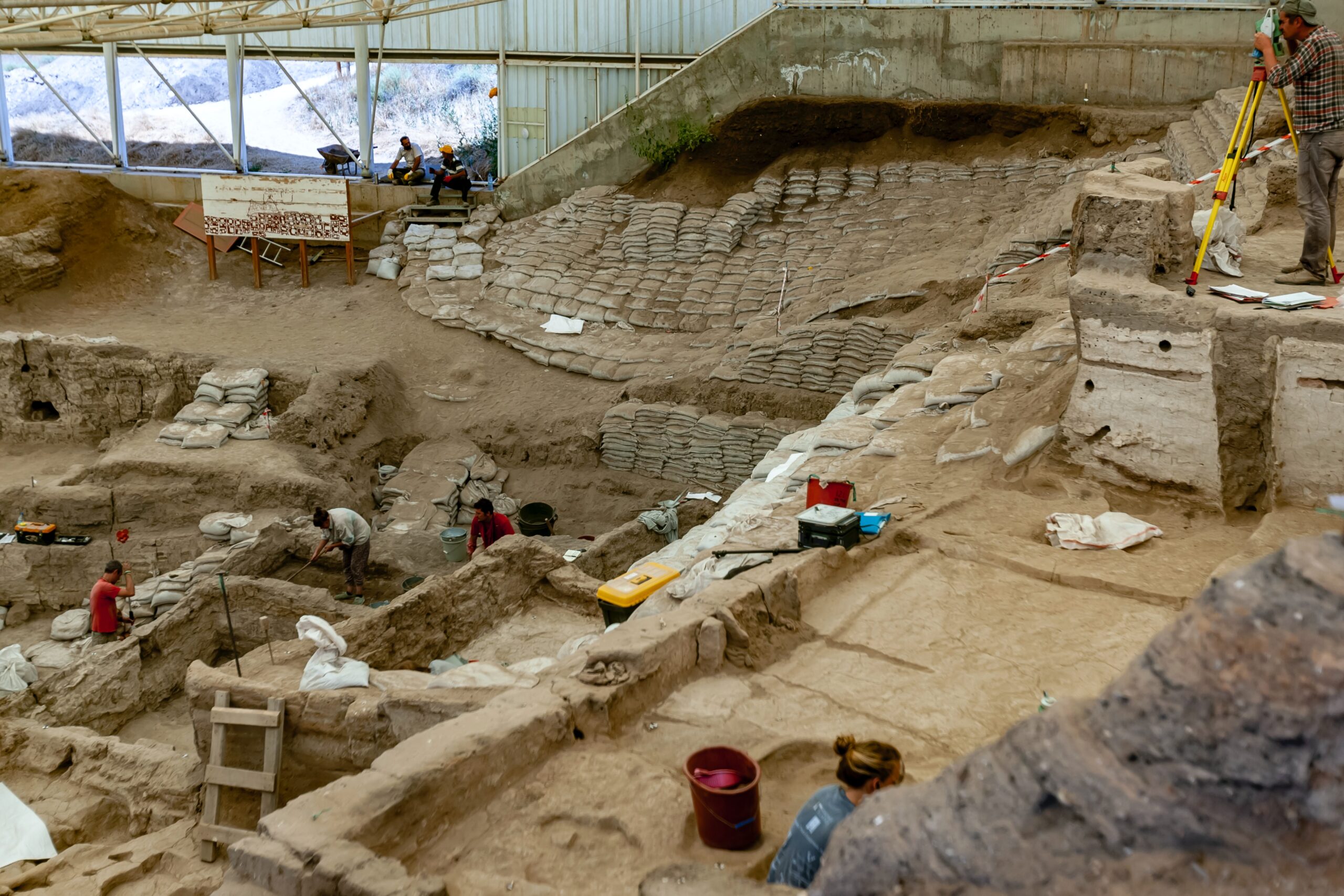

Economists
Economists collect and analyze data, research trends, and evaluate economic issues for resources, goods, and services.

Geographers
Geographers study the Earth and the distribution of its land, features, and inhabitants.

Historians
Historians research, analyze, interpret, and write about the past by studying historical documents and sources.

Political Scientists
Political scientists study the origin, development, and operation of political systems.
Psychologists and Sociologists
Psychologists study cognitive, emotional, and social processes and behavior by observing, interpreting, and recording how individuals relate to one another and to their environments.
Sociologists study society and social behavior.


Survey Researchers
Survey researchers design and conduct surveys and analyze data.
Urban and Regional Planners
Urban and regional planners develop land use plans and programs that help create communities, accommodate population growth, and revitalize physical facilities.



SOCIAL SCIENCES